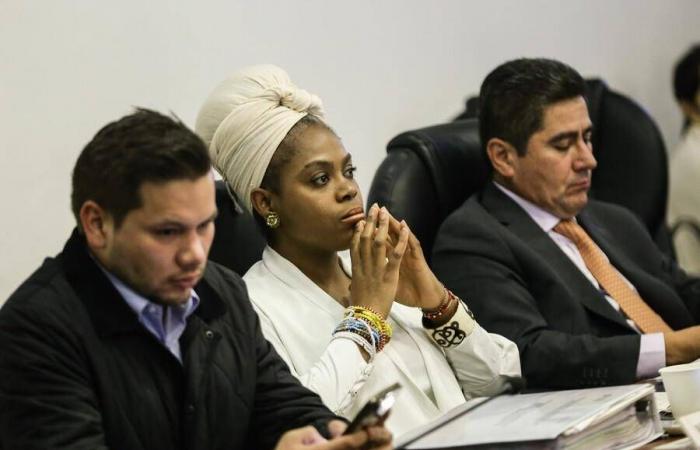For the Ius 200 leaders from the educational sector, brought together by Diálogos de Futuro y Connect (CUEE Bogotá Cundinamarca), sent an open letter to the Congress of the Republic and the Minister of National Education, Aurora Vergara Figueroa, to express their deep concern about the current state of higher education in the country.
The letter highlights the agreement reached on June 5 by the First Committee of the Senate. in relation to the draft Statutory Education Law, which now appears to be in danger.
You may be interested in: These are the nine storms that hit Colombian foreign trade in the midst of a turbulent panorama
The signatories of the letter, who include rectors, former ministers, businessmen and student representatives, They request that the original agreement reached with the consensus of various groups and the Ministry of Education be respected.
This agreement, they say, is essential for the construction of a bill that responds to the educational needs of the country. “What was agreed included necessary guarantees: absolute respect for university autonomy, recognition of the coexistence of official and non-official institutions in a balanced mixed system, as a determining pillar for expanding coverage, permanently strengthening the quality and relevance of education, recognizing tertiary education,yes, as well as the right of people to pursue different educational trajectories throughout their lives.”the letter reads.
According to the signatories, the new Petro Government proposal presents significant risks such as political interventions, that is, the direct election of university directors is imposedwhich could undermine university autonomy. Another risk is ignorance of the mixed system, since unofficial institutions are ignored. that complement higher education.
And, finally, the invisibility of tertiary education, in other wordsthe omission of this educational level that is key to equity and adaptation to current challenges.
You may be interested in: President Petro’s harsh attack on opponents of the pension reform
A crucial aspect that educational leaders highlight is the lack of guarantees of adequate financing for the implementation of the law. “The fiscal viability of the law cannot be lost sight of, as well as the judicious study of the resources necessary for its development. A lack of guarantees of adequate and sustainable financing for its implementation is pointed out, which could lead to its practical failure due to lack of resources,” stressed the signatories of the letter.
According to the educational economics laboratory of the Javeriana University, It is estimated that the expansion of state coverage until 2025 would require an additional investment of approximately $41 billion annually. This amount significantly exceeds the current financial capacity and represents an enormous challenge for the country.
“This calculation only includes coverage for ages 0 to 21 and underestimates costs associated with quality improvements, new infrastructure, resources and additional training for teachersamong others”.
The letter ends with an urgent call to Congress and the Government to listen and respond to the expectations of all Colombians regarding higher education. Approval of the new paper, as it stands, could generate great frustration and undermine previous consensus efforts.
You may be interested in: Roy Barreras bets on 26, Amelia Pérez’s strange statement and other secrets of power in De Buena Fuente
The signatories hope that this letter receives the necessary attention and concrete measures are taken immediately to ensure a promising future for higher education in Colombia.






